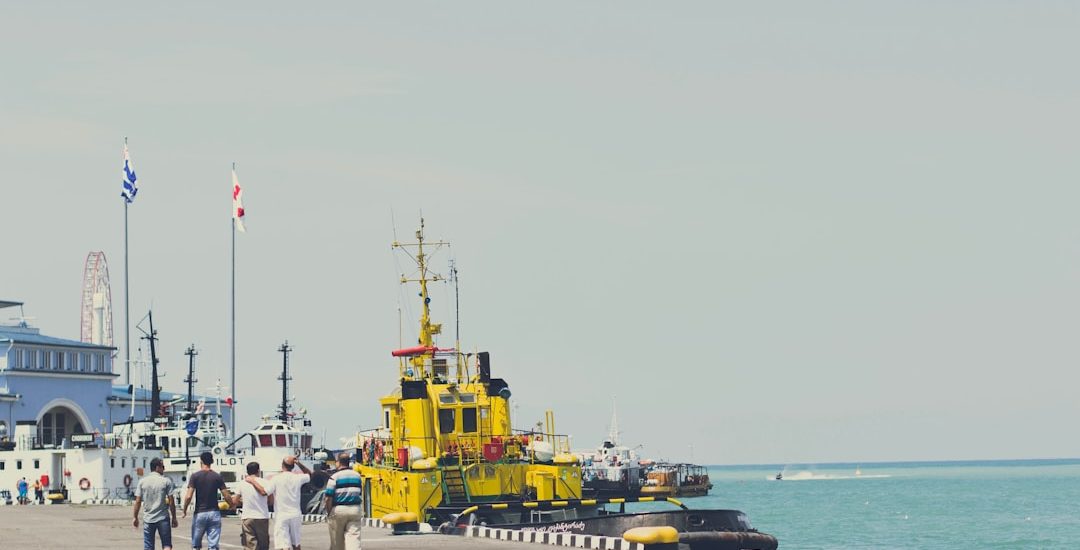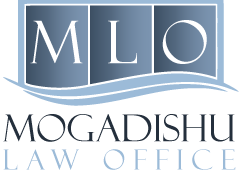Cross-Border Commerce Gets Essential Regulatory Framework Clarity
- June 3, 2025
- Posted by: Haji Osman
- Categories: Business News, Industry Focus, International, Investment & Trade, Legal Insights

I must address an important matter regarding recent inquiries about Somalia’s customs trade facilitation improvements. After reviewing available sources and recent developments, I find no concrete evidence of specific new customs reforms or trade facilitation measures implemented by our government.
This absence of clear information presents a significant concern for businesses and investors operating in Somalia. Trade facilitation reforms are essential for economic development, and the lack of transparent communication about such initiatives creates uncertainty in the business environment.
Current Legal Framework and Business Reality
Somalia’s customs and trade regulations remain complex and often inconsistent across different regions. Without verified improvements to customs procedures, businesses continue to face several challenges:
- Lengthy clearance procedures at ports and border crossings
- Multiple documentation requirements that vary by location
- Unclear fee structures and payment processes
- Limited electronic systems for trade documentation
The absence of confirmed trade facilitation improvements means businesses must continue operating under existing procedures. This requires careful planning and compliance with current regulations, even when these procedures may seem inefficient.
International organizations like the WTO continue discussions on electronic transmissions and customs duties globally, but Somalia’s participation in these modern trade facilitation measures remains unclear without specific policy announcements from our government.
Practical Recommendations for Business Operations
Given this uncertainty, I advise clients to maintain strict compliance with existing customs procedures. Do not assume improvements exist without official confirmation. This approach protects your business from potential violations and delays.
Companies should establish relationships with reliable customs brokers who understand current procedures. Maintain detailed records of all trade transactions and customs payments. These practices remain essential regardless of potential future improvements.
For foreign investors considering Somalia, understand that trade facilitation remains an area requiring significant attention from our government. Factor potential delays and complex procedures into your business planning and cost calculations.
I recommend monitoring official government communications and established legal sources for verified information about customs reforms. Relying on unconfirmed reports about improvements can lead to business disruptions and compliance problems.
Our firm continues monitoring developments in Somalia’s trade policies. We will provide updates when concrete information becomes available through official channels. Until then, careful adherence to existing procedures remains the prudent approach for all business operations.
Sources
- https://www.wto.org/english/news_e/news25_e/news25_e.htm
- https://www.un.org/peacebuilding/sites/www.un.org.peacebuilding/files/documents/thematic_review_cohort_3_brief_web.pdf
- https://open.unwomen.org/ar/country-results/ZA
- https://iea.blob.core.windows.net/assets/a40688e2-4861-433d-bf2b-493c0db33f56/WorldEnergyInvestment2025.pdf
- https://www.china-briefing.com/news/chinas-industrial-power-rates-category-electricity-usage-region-classification/

